Synopsis
How Earth's five oceans connect to form the largest ecosystem on the planet, and how its network of currents supports the health of the seas and marine wildlife.
- Programme: A Perfect Planet
- Episode: 4: Oceans
- Channel: BBC One
- Broadcast year: 2021
- Geography
Licence: ERA Licence required
UK only
Staff and students of licensed education establishments only
Cannot be adapted
Add Notes
More clips from A Perfect Planet
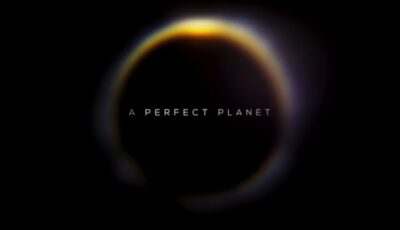
1: Volcano | A Perfect Planet
1: Volcano | A Perfect Planet
A look at how without volcanoes, there would be no life on Earth. Although destructive, magma from the planet's molten core builds land, and mi...

2: The Sun | A Perfect Planet
2: The Sun | A Perfect Planet
From the frozen poles to the searing deserts, this episode shows how animals have come up with strategies to survive the uneven amounts of sunl...

3: Weather | A Perfect Planet
3: Weather | A Perfect Planet
How weather controls the distribution of freshwater on Earth, which in turn shapes the lives of animals in diverse habitats around the globe.

5: Humans | A Perfect Planet
5: Humans | A Perfect Planet
Humans are changing our planet so rapidly, it's affecting Earth's life support systems: our weather, our oceans and the living world.

Animal conservation in the Amazon | A Perfect Planet
Animal conservation in the Amazon | A Perfect Planet
Spec references J247: B6.1b, B6.1c J250: B6.1b, B6.1c. Returning animals that have left the Amazon rainforest and gone t...
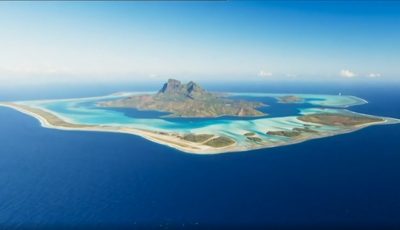
Atoll | A Perfect Planet
Atoll | A Perfect Planet
The formation of an Atoll.
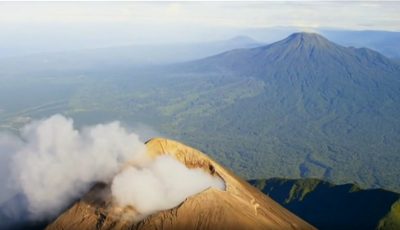
Carbon dioxide | A Perfect Planet
Carbon dioxide | A Perfect Planet
Humans now release 100 times more carbon every year than all the Earth's volcanoes combined.
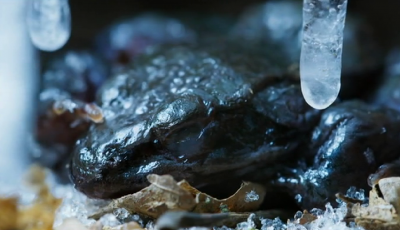
Coming back to life | A Perfect Planet
Coming back to life | A Perfect Planet
The Wood frog has an incredible defrosting ability.
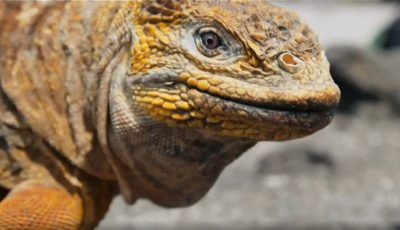
Dangerous territory for the Land Iguana | A Perfect Planet
Dangerous territory for the Land Iguana | A Perfect Planet
Land iguanas need specific temperatures for their eggs on a volcano rim in the Galapagos.

Elephant conservation | A Perfect Planet
Elephant conservation | A Perfect Planet
Spec references J247: B6.1b, B61c. Impact of lack of water, due to change in weather, on elephants and conservation work to support ...
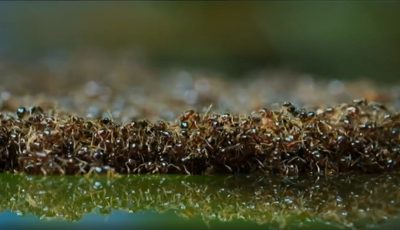
Fire ant raft | A Perfect Planet
Fire ant raft | A Perfect Planet
Rafting fire ants in Peru find a way out of a bad situation.

How drought resistant trees help people in Senegal | A Perfect Planet
How drought resistant trees help people in Senegal | A Perfect Planet
Spec references J247: B6.2a, B6.2b. Planting drought resistant trees in a dessert in Senegal. This invo...

How increasing carbon dioxide affects habitats | A Perfect Planet
How increasing carbon dioxide affects habitats | A Perfect Planet
Spec references J247: B6.1b, B6.1d J250: B6.1b. Release of carbon dioxide and how it impacts the weather. C...
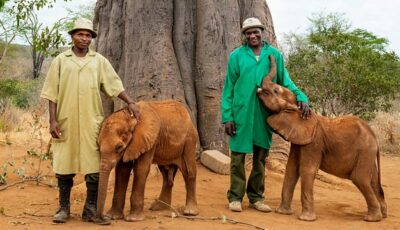
Humans | A Perfect Planet
Humans | A Perfect Planet
Earth is the only living world we know of, but a new force threatens our perfect planet. That force is us. Humans are changing our planet so rapidl...
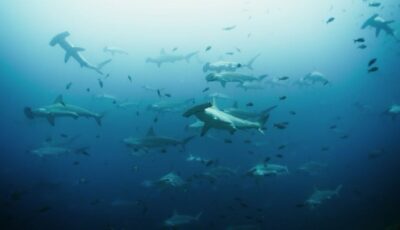
Importance of marine protected areas | A Perfect Planet
Importance of marine protected areas | A Perfect Planet
Spec references J247: B6.1b, B6.1c, B6.1d J250: B6.1b, B6.1c. How an increase of carbon dioxide and overfishing impac...

Kamchatka Peninsula | A Perfect Planet
Kamchatka Peninsula | A Perfect Planet
Animals that thrive in this fertile volcanic region.
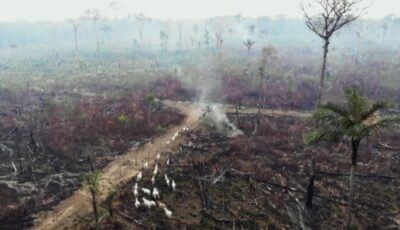
Plant conservation in the Amazon | A Perfect Planet
Plant conservation in the Amazon | A Perfect Planet
Spec references J247: B6.1b, B6.1c J250: B6.1b, B6.1c. Indigenous people doing conservation work in the Amazon rainforest...
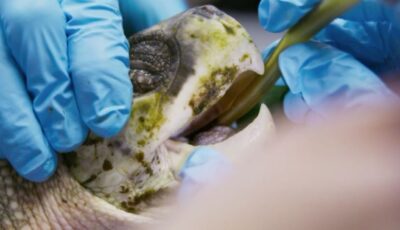
Sea turtle conservation | A Perfect Planet
Sea turtle conservation | A Perfect Planet
Spec references J247: B6.1b, B6.1c J250: B6.1b, B6.1c. How increasing ocean temperatures affect currents, and therefore marine ani...

Surfing iguanas of the Galapagos | A Perfect Planet
Surfing iguanas of the Galapagos | A Perfect Planet
Iguanas are on the hunt for food, wherever they can get it.
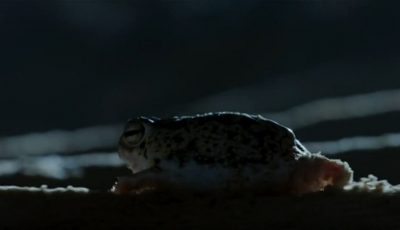
The rain frog's nighttime routine | A Perfect Planet
The rain frog's nighttime routine | A Perfect Planet
The rain frog, at top speed, can cover around 38 metres in one night. Not surprising for a frog the same size and shape ...
More resources about Oceans
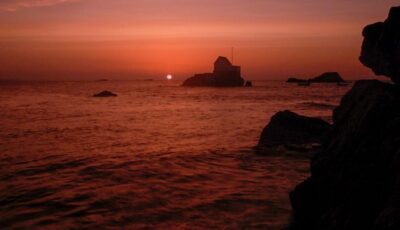
4: Oceans | Earth: The Power of the Planet
4: Oceans | Earth: The Power of the Planet
Iain travels to surfers' paradise Hawaii to learn more about oceans, explaining the difference between waves, tides and currents.
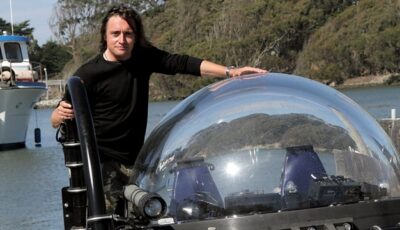
2: The Bottom of the Ocean | Richard Hammond's Journey To...
2: The Bottom of the Ocean | Richard Hammond's Journey To...
What lies at the bottom of the oceans? What would happen if the planet lost its oceans? Richard Hammond is going...
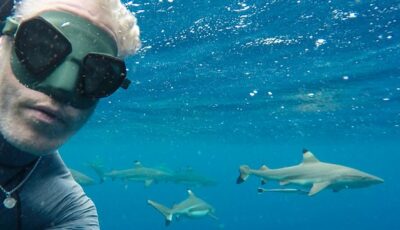
S2E1: Shark People of the Pacific | Tribes, Predators & Me
S2E1: Shark People of the Pacific | Tribes, Predators & Me
Gordon Buchanan joins a family in a tropical paradise to learn how to swim with sharks. Freedivers teach Gordon ab...
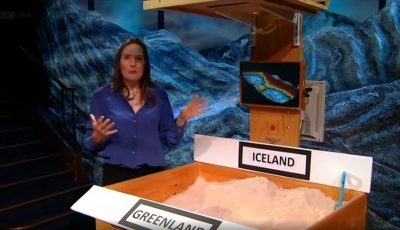
The largest waterfall in the world | Royal Institution Christmas Lectures
The largest waterfall in the world | Royal Institution Christmas Lectures
Dr Helen Czerski explains how a waterfall under the ocean produces a warmer water on top and colder...
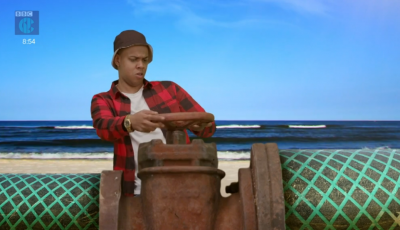
S1E24: You Took All the Water Out of the Sea? | Hey You, What If?
S1E24: You Took All the Water Out of the Sea? | Hey You, What If?
Empty the oceans and you’d see hidden wonders, but you'd also cause the end of the world.
